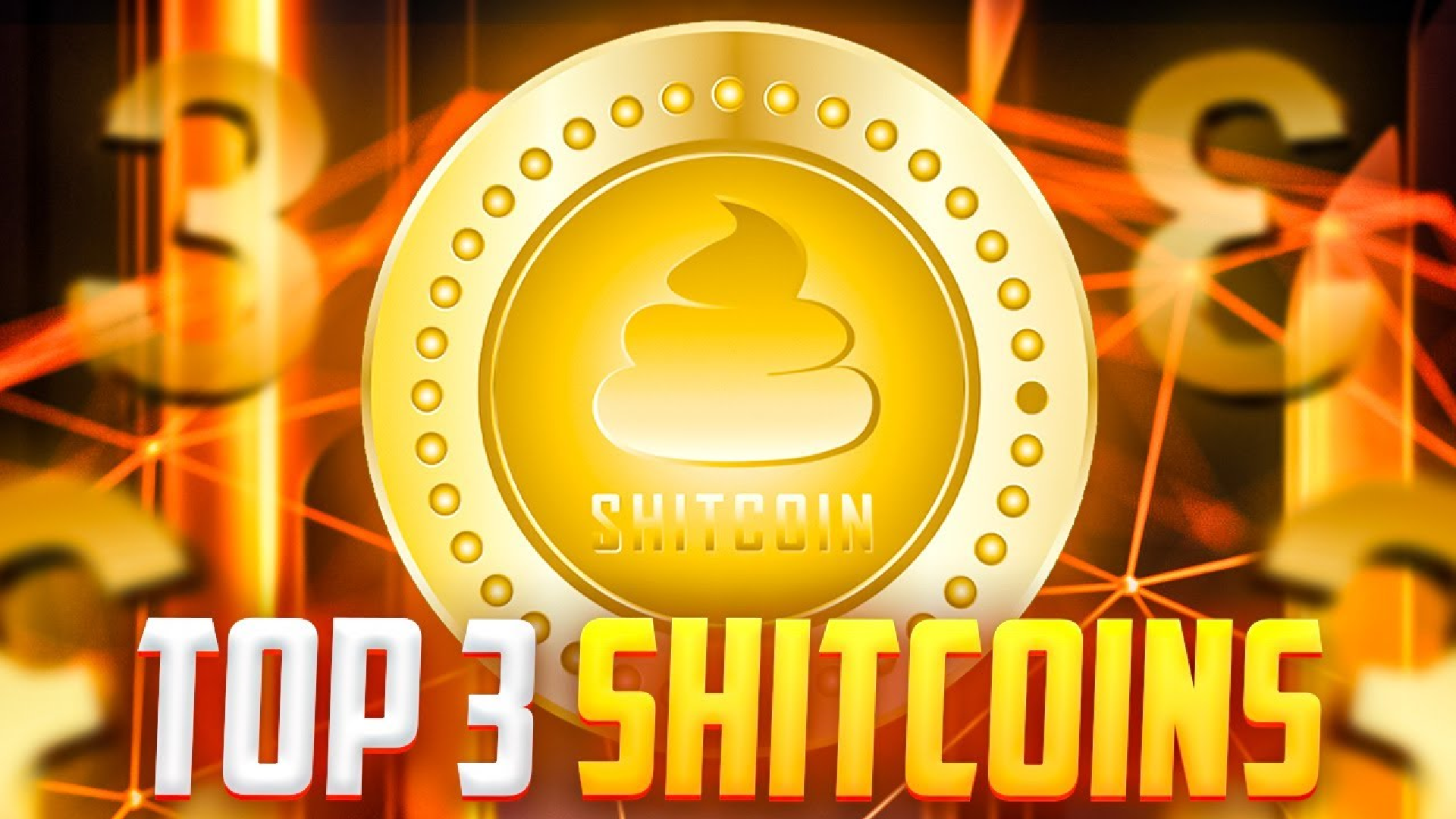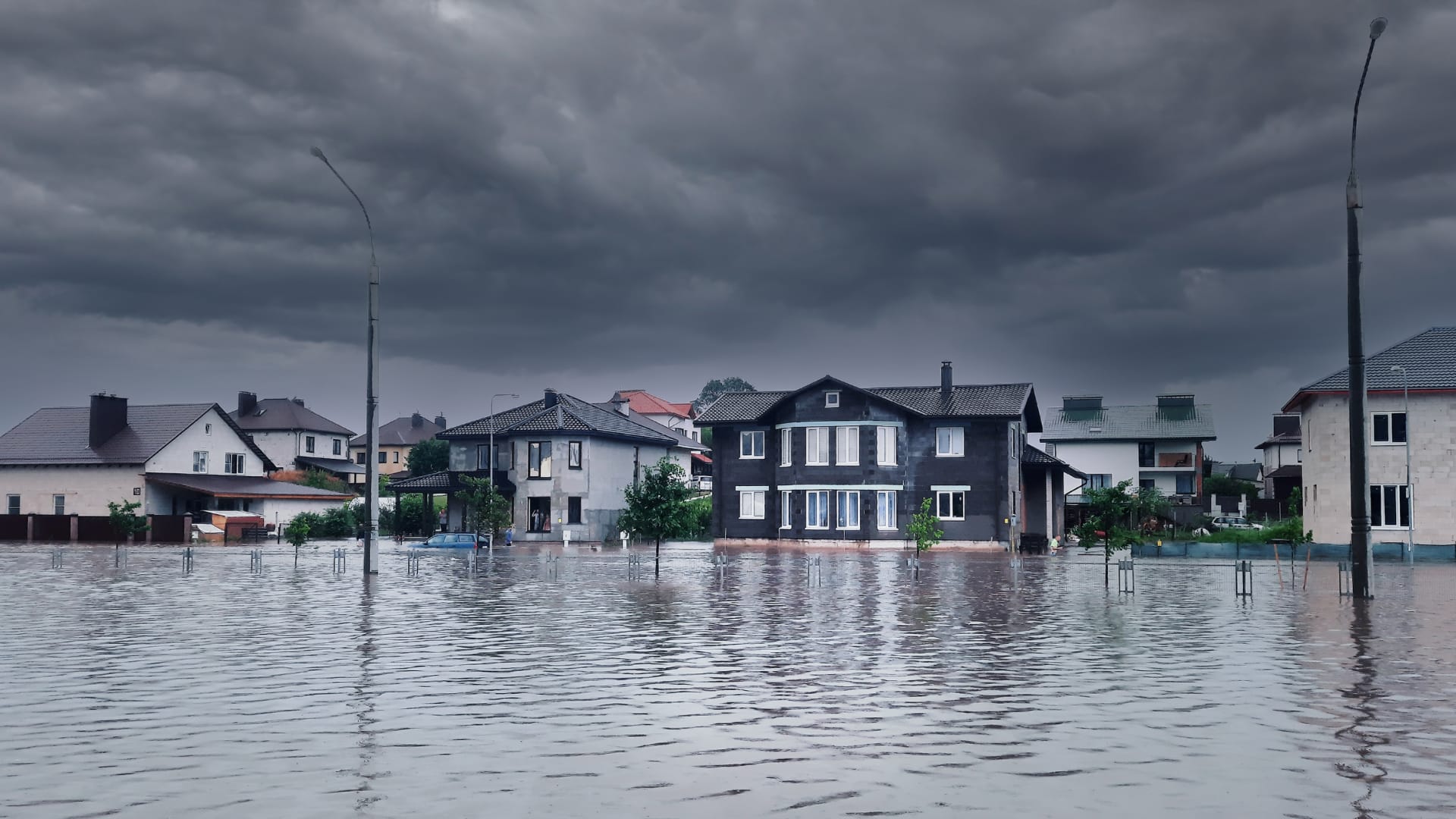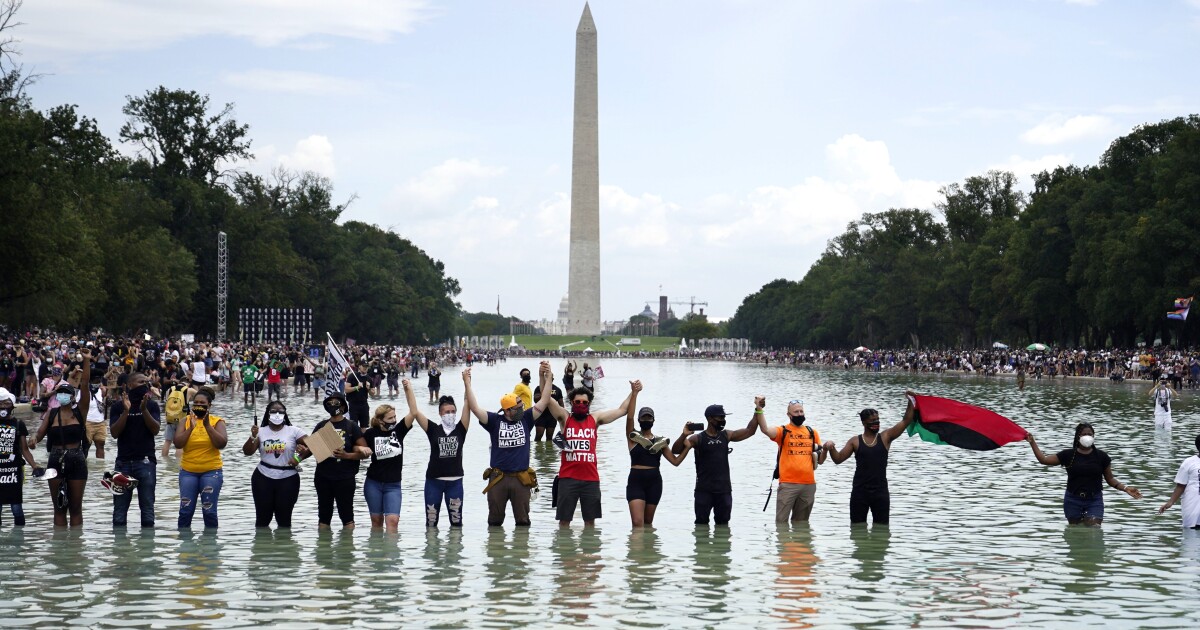Intro. [Recording date: August 1, 2023.]
Russ Roberts: Today is August 1st, 2023 and my guest is Walter Russell Mead. He is the Ravenel B. Curry III Distinguished Fellow in Strategy and Statesmanship at the Hudson Institute and the James Clark Chace Professor of Foreign Affairs and Humanities at Bard College. He’s also the Global View columnist at the Wall Street Journal and he co-hosts the weekly Tablet news podcast, What Really Matters.
Walter, welcome to EconTalk.
Walter Russell Mead: Great. Thanks for having me.
Russ Roberts: Our conversation for today is going to be based around some essays you’ve written: in particular, one entitled “Our Singular Century,” and the second is called “The A Bomb” where[?] the A stands for Abraham. They’re both extremely interesting and I’m sure we’ll bring in some other things as well.
I want to start with “Our Singular Century.” Let’s start with the Adams curve. It comes from Henry Adams who died in 1918. What is that?
Walter Russell Mead: Well, Adams was somebody who grew up in Massachusetts before the Civil War. His grandfather was John Quincy Adams. And he remembered walking to school with John Quincy Adams in the morning. There were no trains anywhere where they lived. And he dies in the middle of World War I, when there’d been massive transformations in history. And so, like a lot of intellectuals in the 19th and 20th century, Adams was fascinated by change. And, in particular, he was fascinated because he felt he saw an acceleration of change: that changes were continuing in his time to move faster and faster and having greater and greater effect.
So, as he tried to get some kind of objective understanding of what was happening, he thought, ‘Well, what’s a way to measure progress or change?’ And he said, ‘Well, how about the muscle power which the human race is able to command?’ And, obviously, before the industrial revolution or before modern times, it’s basically muscle power, wind power. And so, the most convenient measurement, one that we don’t use as much anymore, was horsepower. How much pull could a horse do in an hour or whatever? And so, he developed an estimate of the amount of horsepower that human civilization could command.
And then, as he goes through the 19th century–and you had the steam engine, the Industrial Revolution, trains, ultimately the electric dynamo, and electricity–what you get is a hyperbolic curve, a curve that starts out with a very low slope of change. But, as the 19th century progresses, you are moving closer to infinity.
And, what Adams then does in the 19-teens is he says, ‘Well, suppose this continues. Let’s project it forward.’ And, if you do that into the 21st century, he gets where the slope of the curve is almost is approaching an absolute straight perpendicular line going up.
And that, interestingly enough, is one way of describing what people in Silicon Valley like to call the singularity. That is, where change is moving so fast that everything that happened in the past–and this is how Adams describes it–becomes essentially irrelevant. Human beings are in an entirely different world.
So, you can imagine different forms the singularity could take. You could, to look on the dark side: Nuclear war would be an example of the rate of change reaching infinity, at least for a moment. And then, human civilization–maybe the human species–disappears.
The development of AI. Now Adams, as he was, again–remember this is happening more than 100 years ago–Adams sort of said, ‘You’re going to go from the electric age,’–which was the age he saw himself in–to what he called the Electronic Age, as I recall. Where electricity is not just powering movement, but is becoming kind of the substance of what people do. Which is an interesting way of describing computers.
And then he talks about ultimately at this singularity point, you reach the Ethereal Age, from the word ‘ether.’ And, that’s not entirely inapt description of artificial intelligence.
So, in the essay I just found it fascinating. Here’s a guy, a historian who is best known for his works on the Jefferson and Madison Administrations looking forward and seeing a picture that’s not that dissimilar from what people would see today.
Russ Roberts: And, I think his forecast was it would be around 2025 when this happened, which is pretty soon and feels like we’re close to it.
Of course, that’s often an illusion. I’ve lived through enough of the next big thing to realize that sometimes the next big thing is smaller than its proponents claim for it. But, it does feel, I think in our time, and it’s probably felt this way for a while, that the people in the past couldn’t imagine appreciate experience what we’re living through without bewilderment. The smartphone being an obvious example. The smartphone is not a very old technology now, still quite young. If you lived here before it and you walked into this world, our world, you would be extraordinarily overwhelmed by it in a way that–it would be hard to understand what was happening.
And certainly, what it has done to our daily lives is something of a singularity in the sense that there’s an event horizon as you describe it. There’s something that was before and there’s something that after and they don’t really communicate with each other. What it’s done to our social interaction, what it’s done to our intellectual lives, what it’s done as a source of entertainment. The digital internet phone age is extraordinarily different.
Walter Russell Mead: Yeah. Sometimes I find myself thinking about Marshall McLuhan back in the 1960s when he was first trying to wrap his mind around this. And, he was talking about how the Electronic Revolution–the Industrial Revolution and those technologies were an extension of human beings’ muscle power, but that the Electronic Revolution was an extension of the central nervous system.
And, that’s a profoundly more important, and, I would say disturbing change. But, again, it feels to me like this from the 1960s is not a bad description of what the Internet and smartphones and so on have done.
We all now can directly perceive things that are hundreds and thousands of miles away. And also, I do a lot of work in international politics, and it strikes me that these days, the boundary between domestic space and international space runs inside your personal computer. So that foreign governments can interact directly with your child while your child is upstairs doing their homework on their computer. It’s an extraordinary–there’s this ungoverned internet space that’s now present for everybody on earth.
Russ Roberts: Yeah. Sometimes it feels like there’s a hand coming up through the screen, throttling you. I made the mistake of looking at a video about eight minutes before we were scheduled to begin this, watched about 15 seconds, started to get very angry, and just decided wisely to put it down. But, there is a feeling that we’re being played with in a certain dimension. I think you wrote–maybe you’re quoting someone–that, ‘We don’t surf the Internet so much as it surfs us,’ and it definitely, it sometimes feels that way.
Russ Roberts: You write that there are different kinds of these singularities, positive and negative. The term is often associated with Ray Kurzweil–we’ve talked about a little bit here in previous episodes–where humanness would merge with machine intelligence. And, of course, transform us in very fundamental ways that it feels like we’re getting a taste of it now.
But, that’s one singularity. There’s the idea that we could live forever. There’s an idea that the future, there won’t be any work: everybody will be on Universal Basic Income and a handful of people will be running giant farms of robots or AIs. There’s the chance for global peace and prosperity, although that one seems to be a little bit further away than it has been. And then, there are darker ones: climate apocalypse, nuclear holocaust, as you mention. And then you write, quote,
Many of the world’s greatest thinkers, wealthiest entrepreneurs, most committed activists and most senior political leaders see either enabling a positive singularity or staving off a negative one as the central task of their lives.
And, I think that’s a great insight. And it’s really unprecedented; and certainly there were statesmen that tried to avoid war in the past, say, or advance their country’s interest through some application of diplomacy or technology. But, there is something intellectually apocalyptic about the times we’re living in, at least it feels that way.
Walter Russell Mead: Yeah. I really do agree with that. And, people often talk about the Enlightenment as leading to secularization–that the world of religion becomes less important. We don’t need to use the God hypothesis to explain why there’s thunder and lightning when Ben Franklin has a kite he can fly. And so, the idea was that these existential religious concerns would gradually fade and human life would be more–less disturbed. We smile now maybe, but–
Russ Roberts: More rational would be, I think, an argument they would use. And, you could argue it starts with Nietzsche, right? God is dead and that was going to change everything.
Walter Russell Mead: Right. Actually, I think Nietzsche was 100 years late to that party. Voltaire was saying the same thing. That was really–the French and the American Enlightenments were along those lines.
But, I think what we found is something rather different. Rather than secularizing religion, we’ve infused politics with religious concerns. The end of the world–which is the traditional religious description of a singularity–when human history as we’ve known it comes to an end, again traditionally had been seen as requiring an act of God outside historical forces.
People would look at the Mount of Olives and see something very strange as Jesus descended or whatever your particular religious scenario would be. But, it would be a miracle. It wouldn’t be the outworking of ordinary political forces.
But, what we have today is this very different sense that, depending on who wins the next election, just to take one example, maybe we’ll start as what was it, Al Gore said, ‘The ocean’–or Barack Obama, maybe–‘The oceans will start to recede. The planet will start to cool and we’ll be saved.’ Or if the other side wins, the planet is going to cook and we’ll all be dead.
But when you have those kinds of stakes in politics, people start dealing with politics the way they used to deal with religion, and political competitions become wars of religion.
We aren’t arguing about whether the sales tax should increase by half of a percent with some people saying, ‘Well, that would really help improve the public schools and that would be a good thing.’ And, other people saying, ‘Yeah, but it might slow down economic growth, so in the long run it wouldn’t be so great.’ And, we argue about it and we have an election and both sides can live with the result.
But, if it’s about saving the planet, their politics becomes a very different thing. And, so, this is why I say we live in the shadow or we live in the neighborhood of the singularity, and it’s changing everything.
Russ Roberts: So, you have a great quote. I’m going to read the quote, and then I want to come back to this point about religion because I think it’s quite insightful and quite different than the way it’s usually discussed. You say:
We live in a singular century. Faced, apparently, with the possibility that the next century could witness either the extinction of humanity or the establishment of a global utopia, both our hopes and our fears tend to be larger than life. Political opponents are not just people with whom we disagree. They are people whose misguided views could destroy the planet. Do ordinary standards of political competition still apply when your opponents’ policies will destroy human civilization? Should they be allowed free speech? Should they be able to organize politically even if their electoral victories would destroy life on Earth?
And, you know, I used to claim that–this comes from the work of Harold Hotelling in economics and others, in Anthony Downs and others in Political Science–that the median voter is sort of the center of things. Things move from the extremes toward the middle; and two candidates try to get to the middle as quickly as possible after a nominating convention in the U.S. system. And ultimately, they’re really not that different: they’re very similar. They talk about themselves differently but they’re very similar. And, policy doesn’t change that much, any election to another election. A little bit here and there. And that used to be my view of American politics.
And that view is wrong. That view is grossly wrong.
Now, when it was like that, each side would say, ‘This is the most important election of our lifetime.’ And it wasn’t true. But, now it might be true.
And that’s what you’re talking about: the stakes seem immensely higher. I’m here in Israel, there’s a debate about whether democracy is deeply endangered here or it needs to be saved in a certain way. Depending on whether you’re on the Left or the Right you see it differently. The stakes just have risen immensely. And as you point out, when you feel that way, your political opponents–and this also goes back to something Sebastian Junger said on the program–they’re treasonous, your opponents. They’re not just people you disagree with. You certainly can’t compromise with them. And they’re treasonous. There are grounds, historically, for execution death.
So, it’s not a very healthy time for democracy, I think, for that reason. Comment on that.
Walter Russell Mead: Well, I think, you know, we can look around the world and see that democracy is under stress in country after country, and extremes are making themselves heard.
You know, but, I would say that there’s not just a problem for democracy, because non-democratic states are also living in a condition where it looks as if survival is the stakes. So, you hear people in Putin’s Russia saying, ‘If we lose this war, it’s the end of the Russia we’ve known: the end of anything meaningful that we think of, the end of our civilization.’ So, it’s–and, I think in China you can find similar concerns. Because, this is not one political movement or one political form of political organization facing a crisis. It’s humanity facing an existential crisis.
Russ Roberts: Now, I want to digress quickly about this point about religion. Occasionally in the past in the program I’ve talked about something rather being like a religion or a religion. And, by that I meant–and people use it this way all the time–a dogmatic embrace of a certain set of beliefs that are pretty immune to empirical disagreement.
I’m a religious person; I have no problem with that. It’s just that some people pretend otherwise–that their views are consistent with the facts and the other facts, ‘They’re all consistent with my views.’ It’s the way many people feel about their religion, and that that extends beyond traditional religions to certain political beliefs.
But, you have a deeper insight. And you call–when you say religion plays a central role, you have a different way of thinking about religion. Explain that.
Walter Russell Mead: Well, I–at one level, I think that religion is something that it’s our contact with the numinous–with things that seem the sources of meaning and inspiration.
And I think in that sense, a lot of atheists are religious, in that, say, you’re an atheist and you’re devoted to the cause of justice. You see justice as a transcendent reality that is worth, perhaps, giving up your life for. That gives meaning and structure to your life and is something that ethically demands that you pursue it. So, in that sense, the difference between an atheist who–let’s call them an ‘ethical atheist,’ and a theist–is that the ethical atheist doesn’t believe in a personal God. But, has an object of devotion that is equally compelling and equally transcendent.
And, I would argue that–I wouldn’t argue it so much as I’ve observed that this hunger for the transcendence seems to be something–you know, I won’t say 100% of people feel it because we got people all along different kinds of spectrums and different sensibilities and everything else. But, your average person has that hunger for transcendence and feels that life isn’t right if it’s not lived in some way in the light of these deepest intuitions and emotions that people have.
Russ Roberts: And, it comes back to one of my favorite lines, David Foster Wallace’s line from his commencement address at Kenyon College. He says, ‘Everyone worships.’ And, again, by that he doesn’t mean that everybody has their own personal religion. He means that we all seek to find something to devote ourselves to–is a nice way to put it, as you’ve just done. And, he argues, and I think you’re arguing, that it’s hardwired in some sense inside us, a need for that, a desire for that, a yearning for it. And, of course, how we think about those things that we worship are different than the things we don’t worship, so they’re kind of important.
Russ Roberts: You then go on to talk about why, in these somewhat chaotic times, conspiracy theories are so appealing: it helps us make sense–we have too much information, too much data to look at and so we need a way to organize it. And, the other things that ran through my mind as I was reading your essays is the line from Ed Leamer, the UCLA [University of California, Los Angeles] econometrician we’ve had on the program. He says, ‘Man is a pattern-seeking, storytelling animal.’ And he’s really onto something there.
And, you write very much in that vein. You say that we need narratives to organize our thinking about things. And, I’ve argued that–and I think you agree–that America’s narrative is splintering. So, talk about that and what that signifies for both our politics and how you cope with it, this chaos of complex data.
Walter Russell Mead: Right. Well, I do think that modern life for a lot of people–contemporary life–puts them in a tough position. Because, on the one hand, we are so deluged with so much information from so many sources about everything from what the Kardashians are up to, to what Putin is up to, to what ChatGPT [Chat Generative Pre-trained Transformer] is up to, what the economy is doing, what’s happening with the environment. So, this vast torrent of information pouring in on us. Much of it so frankly frightening or at least of hypnotically great import that we desperately want to have patterns, find patterns, organize this into a coherent narrative and structure.
Again, the problem is: In this world, fewer and fewer people have access to what people used to call a liberal education, whose purpose is to help people ground themselves in the story of a given civilization or family of civilizations. So that people are cut off. People without much history are trying to read what is happening to history in our time.
And so, that–I think that sets up a really deep sort of emotional need: We have to understand because it’s important; and if we don’t get this, somebody’s going to come along and whack us. The planet will burn, or the Russians will come–you name it–whatever it will be. [More to come, 23:58]
















